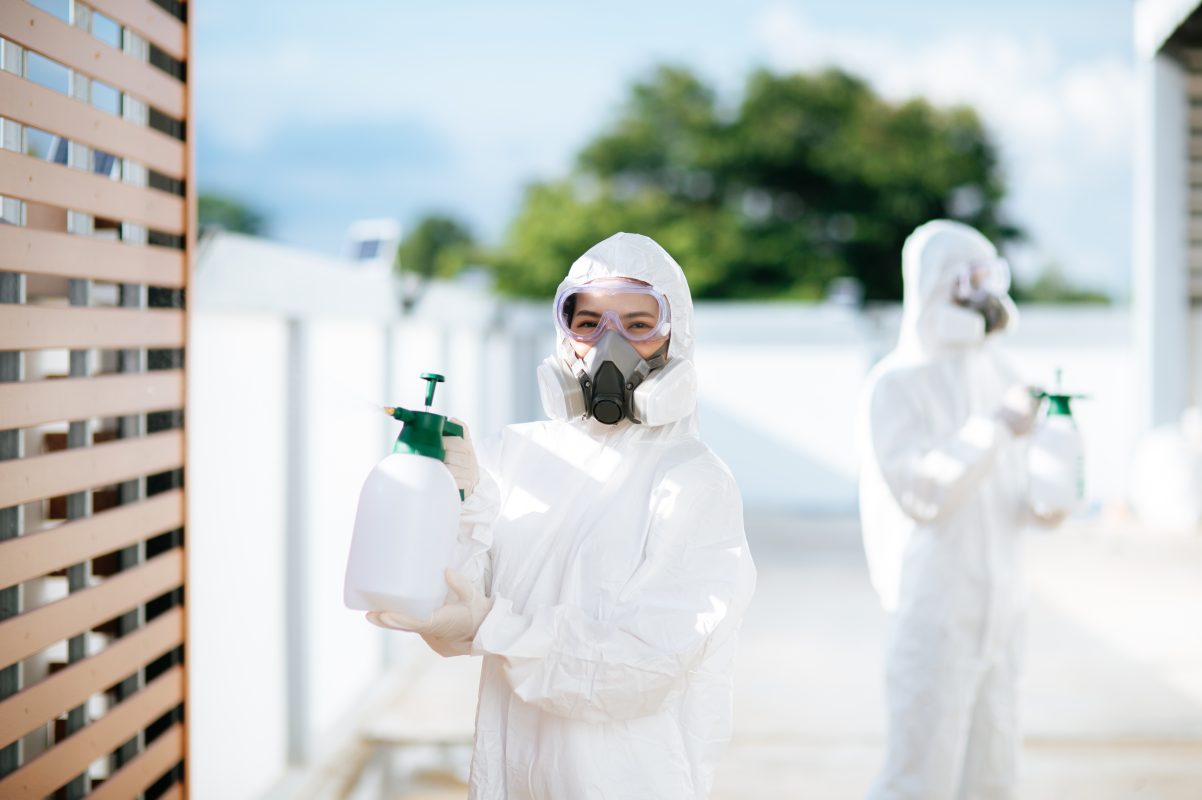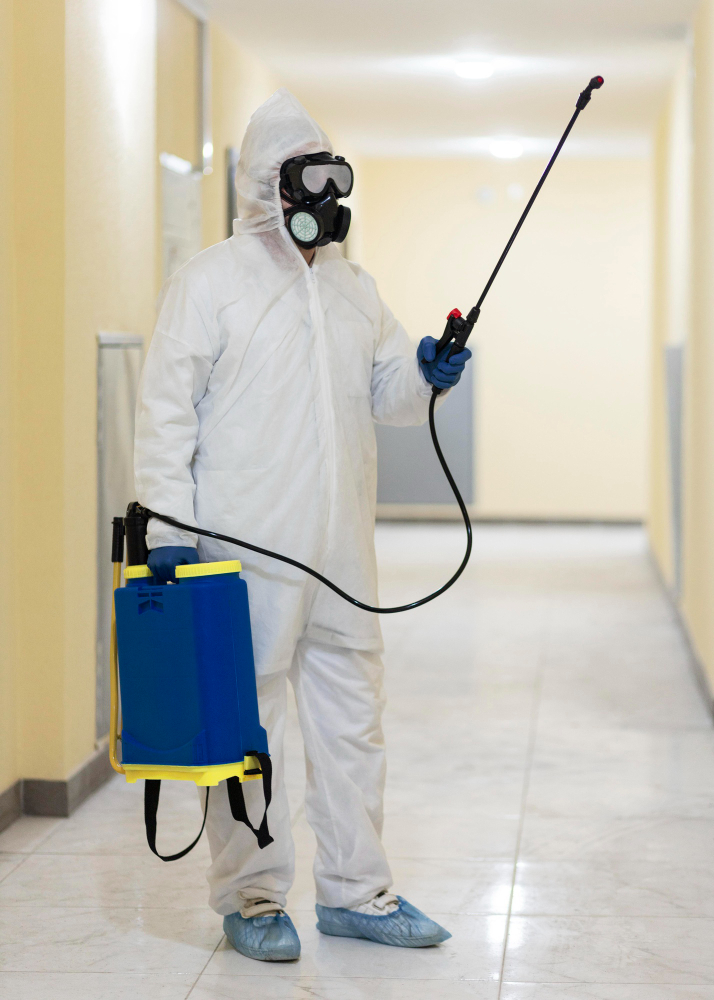Cockroaches are among the most stubborn pests homeowners face. Once they find a source of food, warmth, and shelter, they multiply quickly and are difficult to eliminate. Besides being unpleasant to encounter, cockroaches spread bacteria, trigger allergies, and contaminate food surfaces. Effective cockroach control is therefore essential not only for comfort but also for health and safety.
When it comes to getting rid of cockroaches, people often wonder: Should I use natural methods or rely on chemical treatments? Both options have their advantages and limitations, and the right solution often depends on the extent of the infestation, the environment, and the homeowner’s preferences. Let’s explore both approaches in detail.
The Case for Natural Cockroach Control
Natural methods appeal to those who want eco-friendly and non-toxic ways to manage pests. Families with young children or pets often prefer these strategies because they reduce chemical exposure in the home.
1. Common Natural Methods
- Boric Acid: Often considered a natural remedy, boric acid powder can kill cockroaches when ingested. It is usually sprinkled in hidden areas where cockroaches travel.
- Diatomaceous Earth (DE): This fine powder is made from fossilized algae. It damages the exoskeleton of cockroaches, dehydrating and killing them over time.
- Essential Oils: Oils such as peppermint, eucalyptus, and tea tree have repellent properties. While they may not kill cockroaches, they can deter them from entering certain spaces.
- Homemade Traps: Simple traps using sugar and baking soda or jars coated with petroleum jelly can capture roaches in small numbers.
2. Advantages of Natural Control
- Safe for children, pets, and the environment.
- Budget-friendly and easy to apply at home.
- Useful for preventing minor cockroach activity before it becomes a full infestation.
3. Limitations of Natural Control
- Often slower-acting than chemicals.
- Less effective against large or well-established infestations.
- Cockroaches can avoid treated areas if not applied correctly.
The Case for Chemical Cockroach Control
When cockroach problems are more serious, professional pest control using chemical treatments often provides faster and longer-lasting results. Licensed technicians use products and strategies designed to eliminate infestations thoroughly.
1. Common Chemical Methods
- Gel Baits: These contain slow-acting insecticides that cockroaches eat and then carry back to their nest, spreading poison to others.
- Insect Growth Regulators (IGRs): These chemicals prevent cockroaches from reproducing, breaking their life cycle.
- Residual Sprays: Applied in cracks, crevices, and hidden areas, sprays create a barrier that kills cockroaches on contact or after exposure.
- Dust Formulations: Applied in wall voids and hard-to-reach areas, these dusts can control cockroaches over long periods.
2. Advantages of Chemical Control
- Quick reduction of cockroach populations.
- Effective against large, hidden infestations.
- Professional applications target both visible roaches and nests.
- Long-lasting residual effects prevent reinfestation.
3. Limitations of Chemical Control
- Some products may pose health risks if misused.
- Cockroaches can develop resistance to certain insecticides over time.
- DIY chemical use without training can be ineffective or hazardous.

Natural vs. Chemical: Which Is Better?
The decision between natural and chemical methods often depends on your specific situation:
- Minor infestations: Natural methods can help reduce activity, especially when combined with good sanitation and sealing entry points.
- Severe infestations: Chemical treatments, particularly when applied by a professional, are more reliable and efficient.
- Preventive measures: Natural repellents, traps, and household maintenance can work well alongside professional treatments to keep cockroaches away.
For most households, the best strategy is an integrated approach, using natural remedies for prevention and chemical treatments when infestations become too difficult to manage on your own.
The Role of Professional Pest Control
While DIY methods can help temporarily, cockroaches are notoriously resilient. They hide in walls, appliances, drains, and cracks that are hard to reach. Professional pest control services, like those provided by Jason’s Pest Control, offer comprehensive solutions tailored to your home.
Why Choose Professional Cockroach Control?
- Expert Identification: Technicians identify the species of cockroach and apply the right treatment.
- Targeted Treatments: Chemicals are used safely and effectively where they work best.
- Integrated Pest Management (IPM): Combines natural methods, sanitation, and chemical treatments for long-term control.
- Peace of Mind: You can rest assured knowing the infestation has been dealt with thoroughly.
Preventing Future Infestations
No matter which method you use, prevention is critical. Here are simple steps every homeowner can take to reduce the risk of cockroach problems:
- Keep food stored in sealed containers.
- Clean up crumbs, spills, and grease immediately.
- Empty garbage bins regularly.
- Fix leaks and eliminate water sources.
- Seal cracks, gaps, and entry points around the home.
Final Thoughts
When it comes to cockroach control, both natural and chemical methods have their place. Natural remedies can work for prevention and small issues, but when cockroaches take over, chemical treatments – especially those applied by professionals – deliver the most effective results.
At Jason’s Pest Control, we use proven techniques to protect homes across the region from cockroaches and other pests. Whether you want a safe, eco-friendly approach or require fast, targeted treatments, we’ll tailor a solution that works best for your needs.Don’t wait until cockroaches multiply. Take action now and choose professional pest control for lasting peace of mind.


